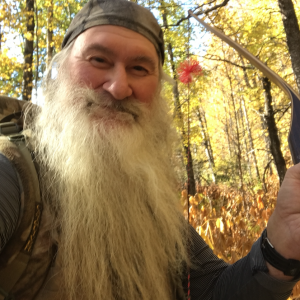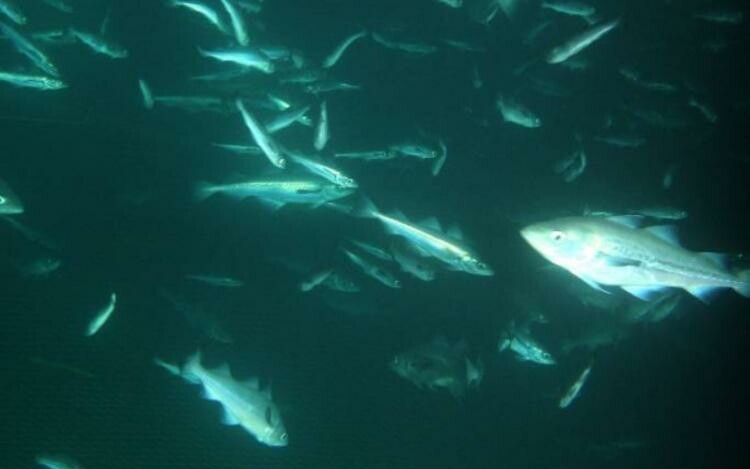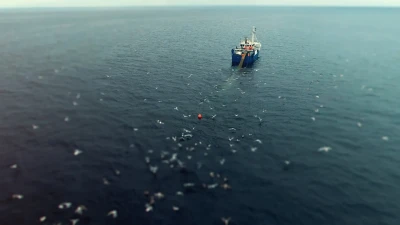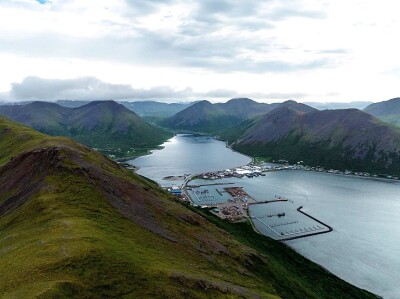Although it took steps to mitigate Bering Sea chum bycatch in October, the North Pacific Fishery Management Council's measures are still seen as moving too slowly for many Alaska coastal residents.
“We have submitted comments previously in support of a half-million chums,” says Tim Bristol, executive director of SalmonState, in Juneau. “We certainly don’t believe that’s a magic number, but a hard cap for trawlers, when essentially every other sector is facing some kind of restriction or closure, would have sent a message that the council is taking what is a crisis for many Alaskans seriously.”
Despite the complaints of SalmonState and other objectors, the North Pacific council “had no authority to implement a management change in October,” council Deputy Director Diana Evans told National Fisherman in an email Wednesday.
Under federal law, the council “is required to review an impact analysis with a reasonable range of alternatives before making any change to management measures, in order to fully understand the biological, social, and economic impacts of its decision,” Evans wrote. “This impact analysis is published in advance of the meeting, so that interested members of the public also have an opportunity to understand the impacts, and provide testimony to the Council regarding its decision.
“In October, following review of a staff paper and testimony from the public, the council finalized the range of alternatives to be included in the analysis, including several options for a chum salmon hard cap. This necessary milestone now allows staff to prepare and publish an impact analysis that the council will use to take action at a future meeting.”
For the past several years various conservation groups and fisheries associations have railed against the council’s failure to take more action in reducing the bycatch of salmon and crab, and impact on marine habitat. Recommendations by the groups have ranged from complete trawl closures in the Bering Sea to the use of hard caps.
The council, meanwhile, has been tasked with managing the fishery to comply with national standards, which are in direct conflict of maximizing returns of salmon and providing for the sustainable harvest of pollock.
In the latest meeting, the council heard testimony from residents impacted by salmon run failures and agreed to take steps toward reducing bycatch. But that includes more analysis and other protocols tied to the council process – a process that many fear moves too slowly to protect dwindling stocks of western Alaska chums.
“The council’s inaction in the face of the passionate, informed testimony is disappointing but no longer surprising,” says Bristol, adding that the economics of the trawl fishery outweigh conservation concerns in the present makeup of the panel. “Industry now dominates the process,” he says, “and we need help from a higher authority.”
Abysmal returns of chinook and chum salmon to the Yukon and Kuskokwim River drainages have prompted complete closures to commercial and subsistence fishing in some areas. According to recent National Marine Fisheries Service data, the pollock trawl fleet landed 546,043 chum salmon in 2021. That’s about double of the 10-year average of 257,023 landed per pollock season.
Genetic samples of those chums revealed that 9.4 percent of them (51,510) were stocks destined for the Upper and Middle Yukon River and other drainages in western Alaska. Asiatic chum salmon stocks comprise 67.6 percent with another 42.5 percent coming from the Gulf of Alaska and the Pacific Northwest.







